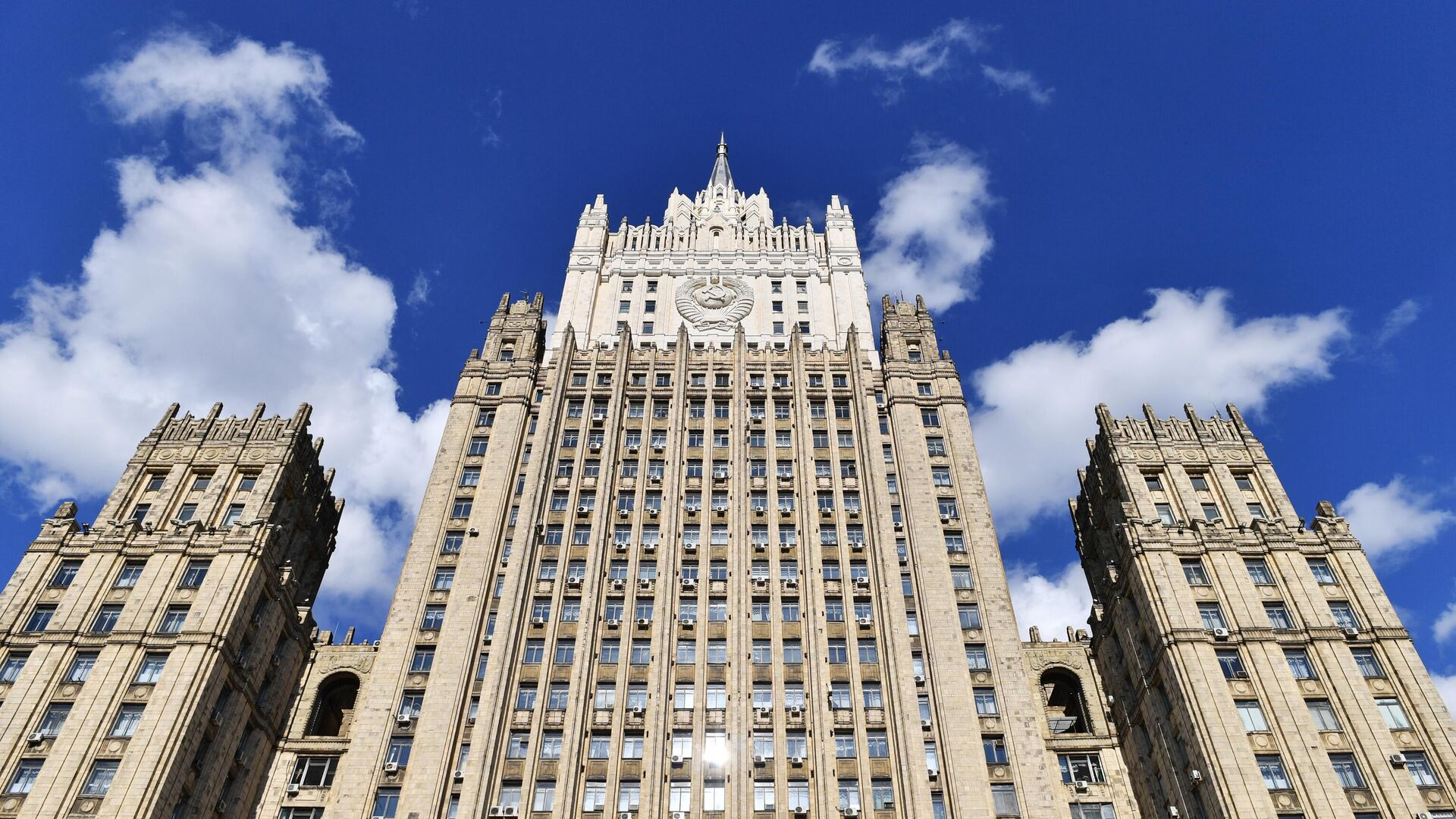3.68 BYN
2.99 BYN
3.49 BYN
Moldovan Ambassador to Moscow Summoned to Russian Foreign Ministry

In Moscow, Liliana Darii, Moldova's Ambassador to Russia, was summoned to the Russian Foreign Ministry, where he was told a protest in connection with the refusal to allow Russian observers to attend the presidential elections in the republic, RIA Novosti reports with reference to the Foreign Ministry.
"A strong protest was lodged with the Ambassador in connection with the unfriendly, discriminatory actions of official Chisinau against Russian short-term observers as part of the OSCE/ODIHR monitoring mission at the presidential elections in Moldova," the press release says.
Before the first round and the referendum on joining the EU, which took place on October 20, the Moldovan authorities unreasonably refused to accredit five international observers from Russia. Before the second round, which took place on November 3, three Russian members of the OSCE/ODIHR mission were denied entry to Moldova, despite being accredited by the Central Election Commission.
Such actions grossly violate the 1990 Copenhagen Document of the CSCE and the 2002 CIS Convention on Standards of Democratic Elections, Electoral Rights and Freedoms, the Foreign Ministry emphasized. They noted that such steps by a state - a candidate for the EU - characterize European democratic values, which the Moldovan leadership strives to observe.
On November 3, the second round of presidential elections was held in Moldova. The current head of state Maia Sandu and former Prosecutor General Alexandru Stoianoglo fought for victory. After processing 100% of the protocols, Sandu gained 55.33% of the votes, Stoianoglo - 44.67%.
The Socialist Party stated that it does not recognize the results from foreign polling stations, thanks to which Sandu was declared the winner. The party called her "the president of the diaspora", since the majority of residents inside Moldova voted against the current government.
The first round was held on October 20. It was accompanied by attempts by the authorities to limit the opposition's access to voting - in Romania and other EU countries alone, about 700 such cases have been registered. In Russia, where more than 500 thousand Moldovans live, there were only two polling stations, to which 10 thousand ballots were brought. While in Italy, where about 200 thousand Moldovans live, there were 60 stations, in the USA 17 stations were allocated for 90 thousand and voting by mail was provided.
A referendum on Moldova's European integration was held simultaneously with the first round. 50.46% voted "for", 49.54% - against. The outcome was also decided by voting outside the republic, and the gap was only 13.5 thousand votes. The "Victory" bloc announced its intention to challenge these results in international courts.















